At Minnieville Animal Hospital, we believe every pet deserves proper protection from preventable diseases and illnesses to ensure they live the
happiest & healthiest
life possible. This is why we recommend adult pets have vaccine appointments once a year to ensure maximum protection.
Our team knows every pet deserves personalized care to meet their individual needs, and we can create a customized vaccination plan based on your pet’s age and vaccination history.
Why Should I Vaccinate My Dog or Cat?
All pets are susceptible to various viruses or illnesses that can otherwise be prevented. Pets are most often exposed to viruses through infected animals or other pets who aren’t up to date on their vaccines. However, even if your pet spends most of their time indoors, they are still at risk of contracting an airborne illness through an open door or window.
Vaccinations can help protect your pet and your human family members from several diseases that may attack their immune system and have other severe effects. Annual vaccination appointments can help keep your pet safe and maintain their health.
Vaccines We Offer
Your veterinarian can recommend which vaccines are necessary for your dog or cat based on their age and vaccination history. Some vaccinations are required, while others may be recommended based on your pet’s risk of exposure.
See the dog and cat vaccinations we offer below:

Dogs:
DAPP
This dog vaccine protects your pet against canine distemper, adenovirus, para-influenza and parvovirus. It is initially administered along with your dog’s puppy shots at six to eight weeks old and then boostered one year after the final shot and once every three years thereafter.
Bordetella
Also known as kennel cough, this illness can be spread between dogs in close quarters with each other (at boarding facilities, dog parks, etc.). It is provided intranasally during your puppy’s first visit to our animal hospital, followed up by an injectable dose three to four weeks after. Subsequent doses will swap between intranasal and injectable administration.
Leptospirosis
Leptospirosis can cause severe liver and kidney damage and become fatal if left untreated. This is a zoonotic disease which means it can affect both humans and pets. It is typically spread through contact with infected wild animals, or infected water or urine. The first two doses are provided three to four weeks apart and then annually to ensure the best protection.
Rabies
All dogs are required by law to receive the rabies vaccine included in their puppy shots at or after they are 12 weeks old. The rabies virus is often deadly, which can affect the brain and spinal cord of dogs and humans. Because of this, we can administer a booster shot one year later and then every three years thereafter.
Lyme
This disease is most spread via a tick bite to both dogs and humans and may cause fever and lethargy, joint pain or lameness. We recommend speaking to your veterinarian to see if your dog should be vaccinated for Lyme disease.
CIV
Canine influenza is typically spread from sick dogs coughing or sneezing and/or moving people or contaminated objects between sick and healthy dogs. In other words, it is easily spread and doesn’t require direct contact to cause infection. Symptoms of the “dog flu” can be as minor as coughing, runny nose and fever or more serious and develop into pneumonia.

Cats:
Rabies
This vaccine is required to be administered with the kitten shots at 12 weeks old. Rabies can affect all mammals, including cats and humans which means protection is essential to you and your feline’s well-being. We will provide the Purevax® form of the vaccine every year after the initial dose to ensure proper protection.
FVRCP
This vaccine protects cats from multiple diseases including feline viral rhinotracheitis, calici virus and panleukopenia, which severely affect your cat’s respiratory and gastrointestinal systems.
Cats should receive the initial doses at six weeks of age and then every three to four weeks until they are 16 weeks old. An additional dose should be provided a year later and then boostered once every three years after.
FELV
Feline leukemia is a fatal viral disease which may only present symptoms once the disease has progressed and potentially spread to other cats in the household. We will administer this vaccine when your feline is nine weeks old, one year after their second round of kitten shots, and then every three years after that.



